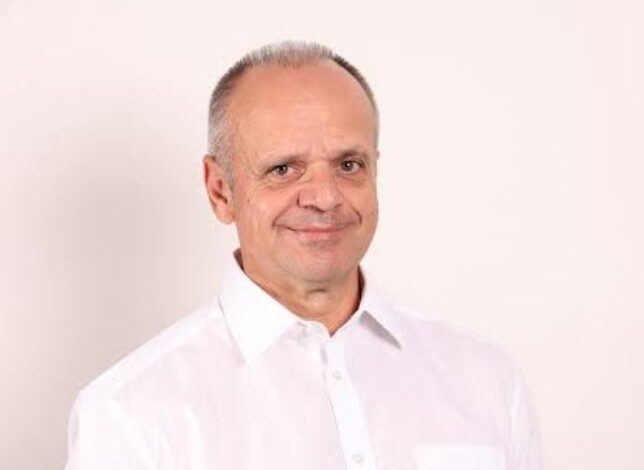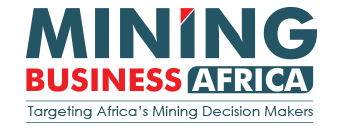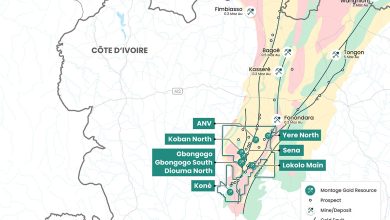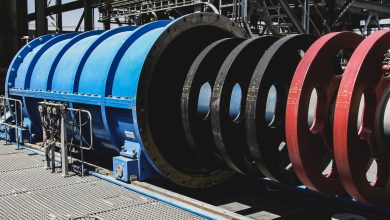SEIFSA partners with government in tackling skills crisis

President Cyril Ramaphosa’s call to equip South Africans with future-proofed skills has not gone unanswered as the Steel and Engineering Industries Federation of Southern Africa (SEIFSA) has made a firm commitment to address the country’s skills gap through its investment in the SEIFSA Training Centre (STC).
“SEIFSA has made a strategic decision to invest in our training centre and we are committed to making a difference to South Africa’s crippling skills deficit,” says SEIFSA CEO Lucio Trentini.
In his State of the Nation Address in February 2025, the President stressed “that to ensure that the economy has the skills it needs, we are increasing the production of artisans through TVET colleges. This is part of the shift we are undertaking towards education and skills development that combines formal learning with job training.”
“Drawing on the models that have proved successful in other countries, we call on the private sector to offer young people experiential learning opportunities while they undertake their studies,” the President added.
SEIFSA Training Centre
The SEIFSA Training Centre offers accredited occupational apprenticeship programmes, specialised short courses in the engineering field, safety training, production technology training, and other non-accredited and accredited courses. It offers training in nine trades: namely welder, boilermaker, mechanical fitter, fitter and turner, turner machinist, millwright, pipe fitter, electrical and instrumentation.
The Training Centre is in the process of upgrading its legacy toolmaker accreditation to an occupational qualification for modern toolmakers. This trade is aligned with level 5 of the National Qualifications Framework (NQF level 5), increasing the number of trades offered at the training centre to 10.
The switch from legacy to occupational training as per the Quality Council for Trades and Occupations (QCTO) is a point of focus for the centre in its commitment to providing industry-aligned training and qualifications.
SEIFSA Training Centre Director Emile Jacobs says the new equipment the centre has invested in for the modern toolmakers accreditation will help to make artisans more employable and reduce the need to import workers from other countries.
“There will be improved productivity because the toolmakers will be able to use modern equipment. Upskilling artisans, such as training the modern toolmaker with new skills, is good for industry,” he says.
Learning a trade not only improves an individual’s employment opportunities but can also be the basis of starting a small and in time a medium-sized enterprise. The training centre also runs an incubation hub pilot project, teaching artisans business skills, including marketing, business plan development and costing. The artisans who complete the incubation process are equipped with skills to create work for themselves and in time others.
“SEIFSA is committed to supporting Government efforts to increase the number of skilled people in the industry and in turn the country. We are creating a pipeline and pool of skilled individuals. Moreover, we are proud to mention that the centre is equipped to accommodate and train people with disabilities. This positions the SEIFSA Training Centre as a valuable contributor in giving disabled persons a chance at a meaningful career, while at the same time the STC is a strategic partner for companies striving to meet compliance targets that prescribe the involvement of people with disabilities in the workplace,” says Zizile Lushaba-Nyawo, SEIFSA Human Capital and Skills Development Executive.
SEIFSA, through its investment in the SEIFSA Training Centre, is committed to upskilling South Africans, no matter their race, gender or ability in order to not only improve their chances of finding work, but more importantly to become entrepreneurs and business owners themselves.






